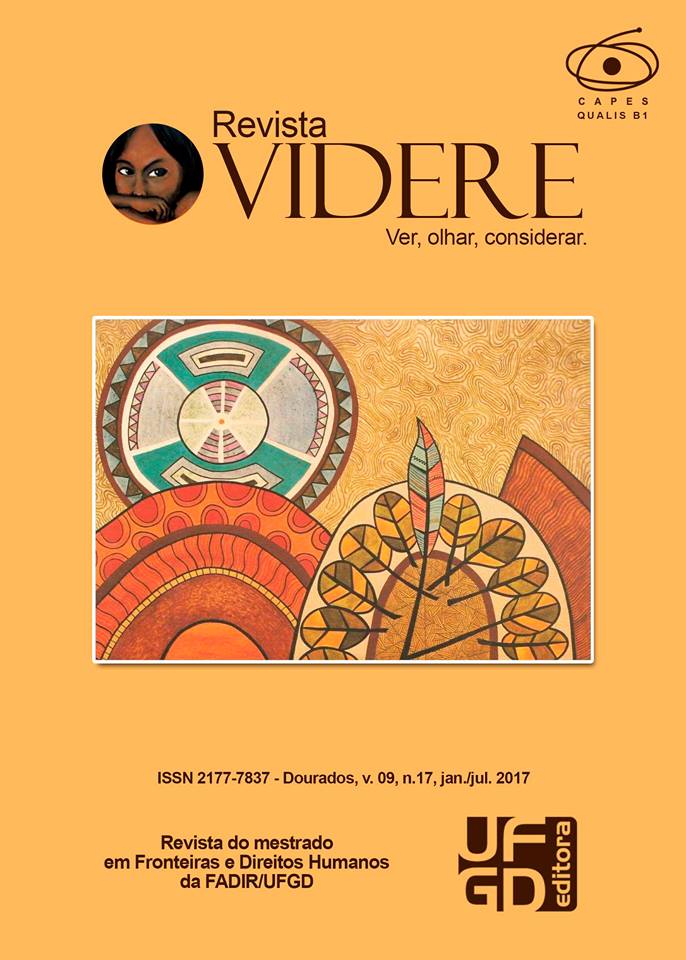O Polo Sul e o risco ambiental: para além de 2041
DOI:
https://doi.org/10.30612/videre.v9i17.4807Keywords:
Polo Sul. Riscos Ambientais. Tratados Internacionais. Meio Ambiente. Novos Direitos.Abstract
O presente trabalho pretende estudar o atual ordenamento jurídico responsável por reger a situação do Polo Sul e o Tratado da Antártida. Válido até 2041, tal tratado tem o objetivo de incentivar a preservação e o desenvolvimento científico local, através de pesquisas sem fins lucrativos. A grande questão é, o que ocorrerá com a região quando o tratado perder a vigência? O método aqui aplicado é analítico. Dentre diversas teorias, desde a internacionalização do polo por setores, à sua preservação, tanto a região ártica, como a antártica chamam atenção no que diz respeito às vantagens econômicas, como, por exemplo, pela mineração, extração de petróleo e gás natural. Existe muito interesse econômico debaixo das calotas polares. Assim, o trabalho mostra a importância da preservação, não só do Polo Sul, como também do Polo Norte, colocando em questão a perspectiva tanto econômica, quanto ambiental. Estas regiões são conhecidas popularmente por serem o “ar-condicionado” do planeta terra. Levando isso em consideração, é preciso que haja uma política rígida de preservação local, a fim de evitar diversos problemas, sejam eles de caráter social, ambiental ou de segurança pública. Deve-se, então, adotar um novo olhar para a região, que não seja baseado na sede de enriquecimento, mas sim, na busca por um equilíbrio entre a natureza, o progresso científico e a intervenção humana.Downloads
Downloads
Published
How to Cite
Issue
Section
License
Authors must accept the publication rules when submitting the journal, as well as agree to the following terms:
(a) The Editorial Board reserves the right to make changes to the Portuguese language in the originals to maintain the cultured standard of the language, while respecting the style of the authors.
(b) Authors retain the copyright and grant the journal the right to first publication, with the work simultaneously licensed under the Attribution-NonCommercial-ShareAlike 3.0 Brazil (CC BY-NC-SA 3.0 BR) that allows: Share - copy and redistribute the material in any medium or format and Adapt - remix, transform, and create from the material. CC BY-NC-SA 3.0 BR considers the following terms:
- Attribution - You must give the appropriate credit, provide a link to the license and indicate whether changes have been made. You must do so under any reasonable circumstances, but in no way that would suggest that the licensor supports you or your use.
- NonCommercial - You may not use the material for commercial purposes.
- Sharing - If you remix, transform, or create from material, you must distribute your contributions under the same license as the original.
- No additional restrictions - You may not apply legal terms or technological measures that legally restrict others from doing anything that the license permits.
(c) After publication, authors are allowed and encouraged to publish and distribute their work online - in institutional repositories, personal page, social network or other scientific dissemination sites, as long as the publication is not for commercial purposes.



















